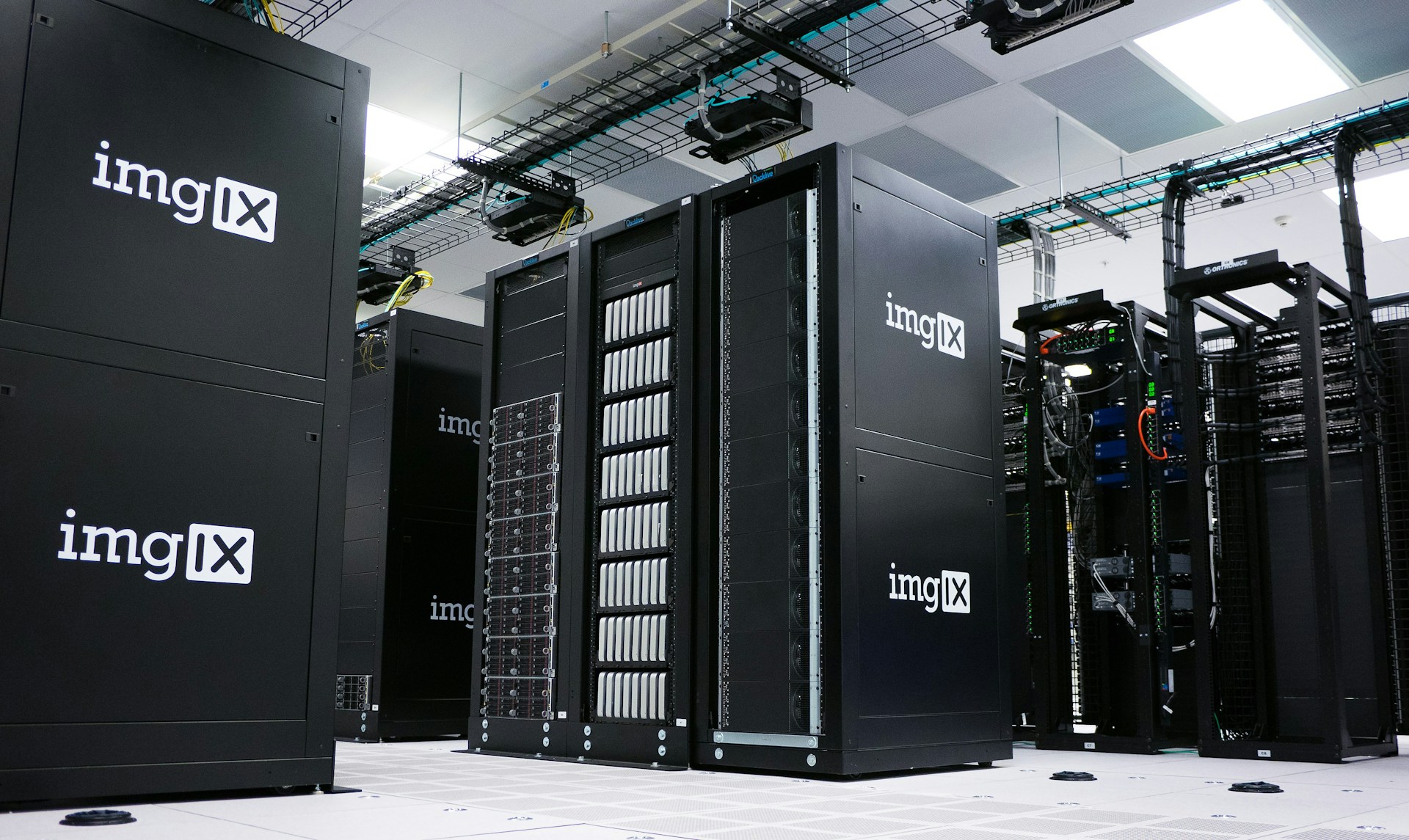AWS Training and Certification
Amazon Web Services (AWS) is a comprehensive and widely-adopted cloud platform. It offers over 200 fully featured services from data centers globally. AWS training and certification is essential for organizations moving to the cloud and for professionals looking to advance their careers in cloud computing. This post dives into the importance of AWS training and certification.
What is AWS?

AWS provides a suite of cloud computing services that make up a cloud computing platform. These services operate from 84 availability zones in 26 geographic regions worldwide. AWS offers over 200 fully-featured services, including computing power, storage options, and networking capabilities.
Why Get AWS Certified?
Companies need skilled professionals to manage their cloud services. AWS certifications validate expertise in the field. Certification demonstrates a deep understanding of AWS services, architecture, and best practices. It enhances a professional’s credibility and opens up opportunities for career advancement.
Types of AWS Certifications
AWS certifications are categorized into four levels: Foundational, Associate, Professional, and Specialty. Each level builds on the previous, from basic concepts to advanced architecting and development skills.
Foundational Level
- AWS Certified Cloud Practitioner: This entry-level certification covers basic AWS cloud concepts, key services, security, architecture, pricing, and support.
Associate Level
- AWS Certified Solutions Architect – Associate: Focuses on designing and deploying scalable systems on AWS.
- AWS Certified Developer – Associate: Concentrates on developing and maintaining AWS-based applications.
- AWS Certified SysOps Administrator – Associate: Centers on managing and deploying operations on AWS.
Professional Level
- AWS Certified Solutions Architect – Professional: Validates advanced technical skills and experience in designing distributed systems and applications on AWS.
- AWS Certified DevOps Engineer – Professional: Focuses on provisioning, operating, and managing distributed systems on AWS.
Specialty Level
- AWS Certified Advanced Networking – Specialty: Validates expertise in designing and implementing AWS and hybrid IT network architectures at scale.
- AWS Certified Big Data – Specialty: Focuses on Big Data services and architecture on AWS.
- AWS Certified Security – Specialty: Validates expertise in securing the AWS platform.
- AWS Certified Machine Learning – Specialty: Centers on building and tuning machine learning models on the AWS cloud.
- AWS Certified Database – Specialty: Focuses on the breadth of AWS database services to drive your organization’s business transformation.
Benefits of AWS Certification
Certified professionals often see a boost in salary and job prospects. AWS certifications are recognized across the globe, making professionals more marketable. Certification also ensures that one stays current with the latest updates and best practices in cloud computing.
Preparing for AWS Certification Exams
Preparation for AWS certification exams involves a mix of theoretical study and practical experience. AWS offers a variety of training resources, including:
- AWS Training and Certification website: Offers free and paid courses and learning paths.
- AWS Whitepapers: Deep dives into AWS services and architectural best practices.
- AWS documentation: Comprehensive guides and reference documents for each AWS service.
- AWS Hands-On Labs: Practical exercises that provide hands-on experience.
- AWS Certified Preparation Guides: Structured plans to guide your study.
- Exam-specific practice questions: Helps gauge readiness for the actual certification exams.
Choosing a Learning Path
Assess your current skills and knowledge before choosing a certification path. Beginners may start with the AWS Certified Cloud Practitioner. Those with more experience might directly aim for an Associate or Specialty certification. Feel free to use multiple resources to prepare, as everyone has unique learning preferences.
AWS Training Programs
Various training programs are available, both online and in-person. These programs range from self-paced content to instructor-led courses. AWS provides several options:
- Classroom Training: Instructor-led training sessions hosted by AWS or AWS Training Partners.
- Digital Training: On-demand courses available through the AWS Training and Certification website.
- Cert Prep from AWS: Official certification preparation courses.
- A Cloud Guru (ACG): Third-party platform that offers comprehensive cloud training.
- SafariBooksOnline: Offers a variety of AWS-focused materials, including video courses and books.
Online communities can be a valuable resource. Participating in forums, study groups, and discussion boards can provide support and additional insights. Joining AWS User Groups can also be beneficial for networking and knowledge sharing.
Exam Day Tips
On the day of the exam, ensure you have all the necessary identification and materials. Arrive early to the testing center or log in early if it’s an online proctored exam. Read each question carefully and manage your time efficiently. If unsure about an answer, it’s often best to make an educated guess rather than leaving it blank.
Post-Certification Next Steps
After achieving certification, keep the momentum going. Stay current with AWS updates and announcements. Engage with the AWS community through forums, blogs, and events. Consider pursuing additional certifications to further validate your expertise. Additionally, apply your knowledge in real-world projects to reinforce your skills.
“`



